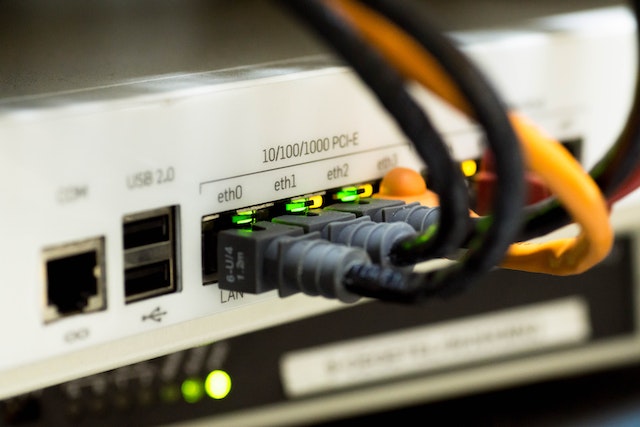
In the fast-paced world of technology, connectivity is everything. Whether you’re a manufacturer, an engineer, or a tech enthusiast, you know that the quality of your connections can make or break your project. That’s where M12 cables come into play. These robust and versatile connectors have become the backbone of many industrial and commercial applications, ensuring reliable and high-speed data transfer. In this blog, we’ll delve into the world of M12 cables, exploring their features, applications, and benefits.
The Basics of M12 Cables
M12 cables, also known as M12 connectors, are circular, threaded connectors with a diameter of 12mm. They come in a variety of pin configurations, the most common of which are 3, 4, 5, and 8-pin versions. These connectors can support a wide range of communication protocols, including Ethernet, USB, and fieldbus systems.
Key Features
- Robustness: One of the standout features of M12 cables is their rugged design. They are built to withstand harsh environmental conditions, such as extreme temperatures, moisture, and vibration. This makes them ideal for applications in industrial automation, manufacturing, and even outdoor environments.
- IP Ratings: M12 connectors are available in various IP (Ingress Protection) ratings, making them suitable for different environmental requirements. Higher IP ratings ensure protection against dust and water ingress, ensuring that the connections remain reliable in challenging conditions.
- Variety of Codes: The M12 connectors are available in A-, B-, and D-coding. Each code corresponds to a different pin configuration, allowing you to choose the one that best suits your specific needs.
Applications of M12 Cables
M12 cables find their applications across various industries due to their versatility and reliability. Here are some common areas where these connectors excel:
- Industrial Automation: M12 cables are extensively used in factory automation, connecting sensors, actuators, and controllers. Their robust design ensures uninterrupted communication in noisy and demanding industrial environments.
- Transportation: In the transportation sector, M12 connectors are used in applications such as vehicle diagnostics and data communication for buses, trains, and trucks.
- Machine Vision: Machine vision systems rely on M12 cables for connecting cameras and sensors, ensuring a stable and high-speed data transfer essential for quality control and inspection processes.
- Agriculture: In the agricultural sector, M12 connectors are used in automated farming equipment to connect various sensors and control systems, improving the efficiency of farming operations.
- Energy Sector: M12 connectors are used in renewable energy systems, such as wind turbines and solar panels, to maintain stable data communication even in harsh environmental conditions.
Benefits of M12 Cables
- Reliability: M12 connectors are known for their robustness, making them extremely reliable in challenging conditions. They are resistant to vibration and shock, ensuring uninterrupted data transmission.
- Quick Installation: Their compact design and ease of use make M12 cables simple to install. The threaded connection ensures a secure and tight fit, reducing the risk of accidental disconnection.
- Scalability: M12 connectors are available in a range of pin configurations and IP ratings, allowing you to choose the right combination for your specific application. This scalability is a significant advantage in designing systems with diverse connectivity needs.
- Cost-Efficiency: Although initially perceived as premium connectors, M12 cables provide long-term cost savings due to their durability and reduced maintenance requirements.




